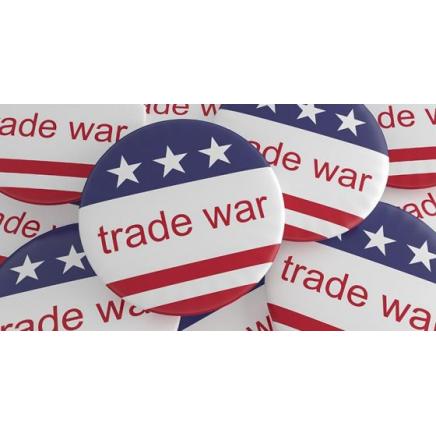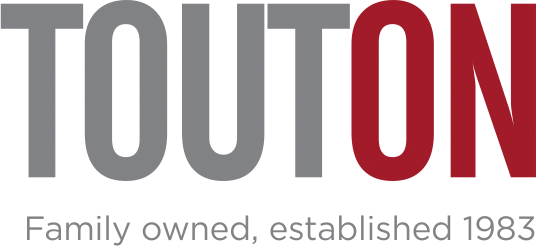Wine tariff update: Has Europe made the U.S. an offer to end the tariff that it can’t refuse?

Wine tariff update: Has Europe made the U.S. an offer to end the tariff that it can’t refuse?
European officials say illegal aircraft subsidies will be re-paid, so there’s no need for the U.S. wine tariff.
article originally featured in Wine Curmudgeon Jul 27th 2020
The European airplane manufacturer at the center of the U.S. wine tariff controversy says it will increase loan repayments to France and Spain to convince the United States to settle a 16-year-old dispute over billions of dollars of aircraft subsidies. The news couldn’t get much better than that, could it? No word from U.S. trade officials on the European offer, which was made on Friday afternoon. But several European government representatives said over the weekend that with the repayments, there’s no reason for the U.S. to continue the 25 percent tariff on French, Spanish, German, and British wines, as well as the levy on airplane parts and a host of other food and alcohol products, including whiskey and some Italian cheeses. The French finance minister was adamant: The U.S. must remove tariffs imposed on European products such as French wine, he told Reuters.Reuters also reported that an industry source said the manufacturer, Airbus, made the concession because Europe and the U.S. are at “an impasse and need to get out of it. It is a way to show good faith and open the door to find a solution.” In fact, the tariff has wreaked havoc on U.S. wine imports, the whiskey business on both sides of the Atlantic, and even airplane manufacturing. French wine exports to the U.S. have declined by as much as one-half since October 2019, when the tariffs were imposed. The U.S. Distilled Spirits Council, a trade group for whiskey producers, said U.S. and European companies “have suffered enough.”
And, because the Wine Curmudgeon appreciates irony, it’s worth noting that Airbus has stopped production of the plane that caused the tariff row, citing slow sales. In other words, we’re having a trade dispute about a product that no longer exists.


